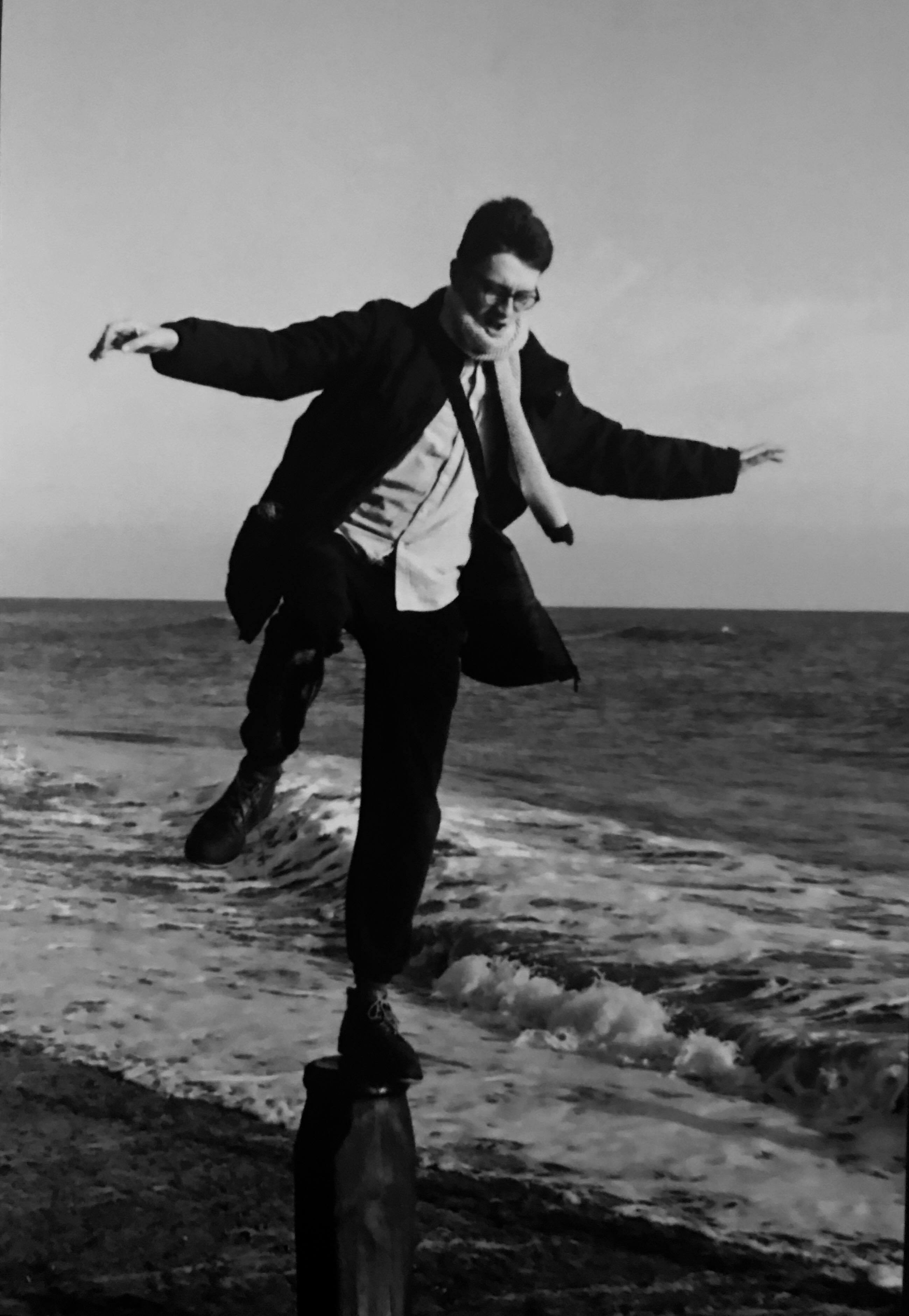

Research | Teaching & Notes | CV | Resources | Climate / Cosyne Viewing Parties
Climate
So the earth is getting hotter and we would like it not to. From my reading it seems like some things we can do are:
Flying
A big source of carbon emissions, especially for people like academics, is travelling. Flying is very carbon-costly (some reports say a return London-NYC fligtht is a third of the average UK per capita emissions), and the current drop-in-replacement technologies like sustainable aviation fuels are simply not feasible on a large scale. We therefore have to reduce the amount we fly. Reducing travel is one good route, but travelling is great, and we still want to talk to each other. Travelling to conferences and collaborate have been some of the best science experiences I've had, so we would like alternatives.Within continents, trains, boats, and buses are an effective alternative - I've used them to get between London and {Lisbon, Crete, Berlin, Geneva, Frankfurt, Marseille, Rome, Barcelona, Paris, Copenhagen} without any difficulty. Admittedly, it usually takes more time and money; but its also quite fun (you meet goofy folks!), and night trains can remove the price of a hotel with the bonus that you get the romantic feeling of being a Victorian novelist winging your way across the continent. For planning these kinds of journeys I recommend seat61, and there are a suprising number of night trains in Europe (I've also had a good experience on indian sleeper trains).
Cosyne Viewing Parties
Another route I've been exploring recently are satellite conferences or remote viewing parties. These are meetings that happen alongside the main conference at other locations. People who live nearer to a particular location can gather there and watch a livestream of the talks. They can then discuss the talks, and present posters to each other, as in a normal conference. For example, my favourite conference is Cosyne, which is held in Portugal and North America on alternate years. 2026 is a Portugal year, but I will be living in Boston, so I'm organising a satellite conference on the US East Coast. People from all around can attend, meet colleagues, have discussions, present work, and watch the talks, without having to cross the Atlantic - simple!
I'm not pretending it won't be worse, but it seems the appropriate compromise. This idea has been tried before, to some success. For example, ICML 2023 was in Hawaii, so a satellite conference was hosted in Paris. Two students from Gatsby attended and were able to present their work to a crowd of ~50 people, and both reported enjoying it (from a social perspective, 50 is also much more manageable than the 1000s that go to ML conferences). CCN did a similar thing.
It might take away from people attending Cosyne proper, but (a) um... that's the goal? and (b) I don't think that will make Cosyne significantly worse for the people who do attend. In fact, crossing the Atlantic to attend Cosyne is already an expensive luxury, most people I know in Europe attend in Lisbon and skip the North America year. Satellites simply formalises what the market already enforces. As such, they have the possibility of providing an approximation of the conference experience (a) at a lower carbon cost (b) at a lower financial cost and (c) with fewer visa barriers.
For more information see here. Get in touch if you want to help, attend, or have ideas! Helping could mean hosting your own satellite, helping to organise an existing one, running a workshop or tutorial at one of these satellites, etc.